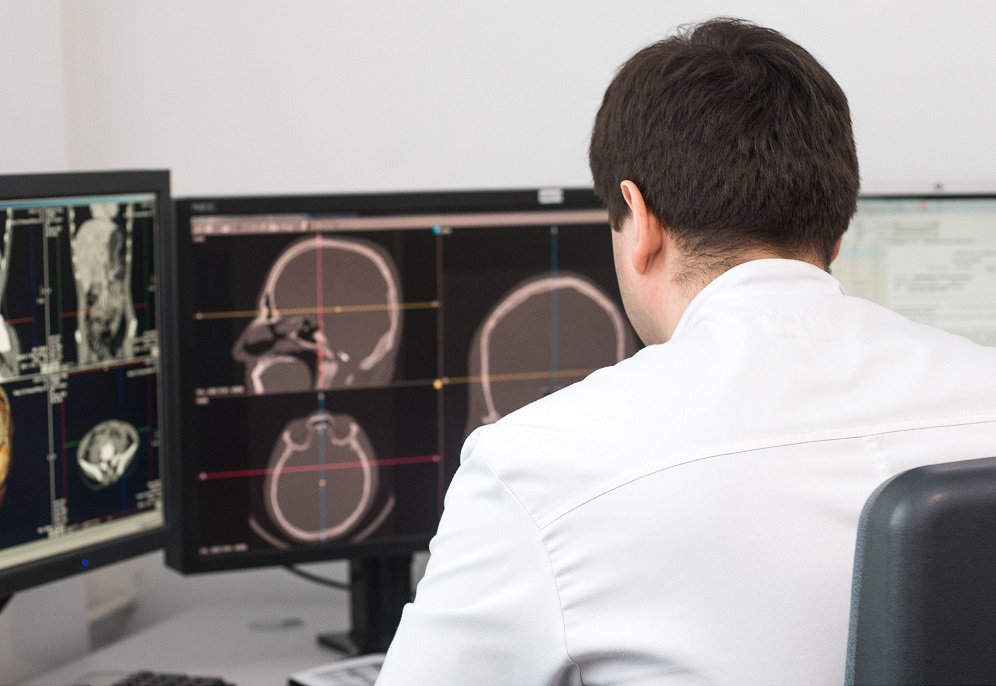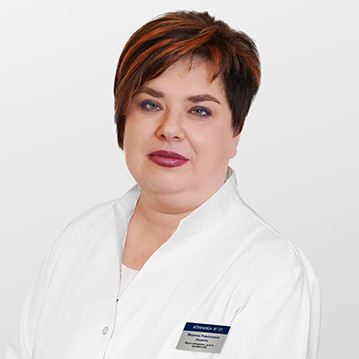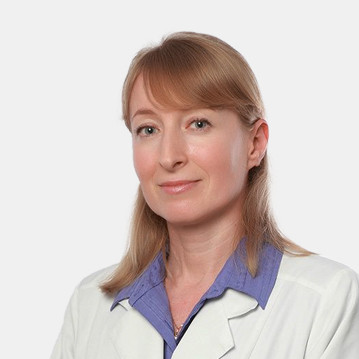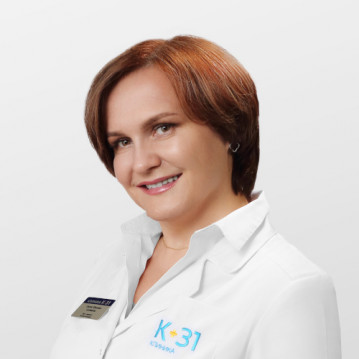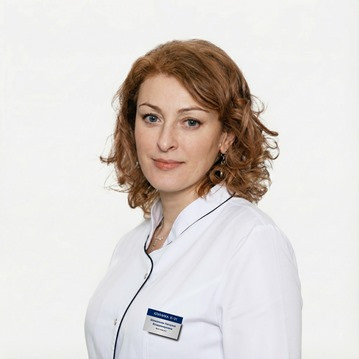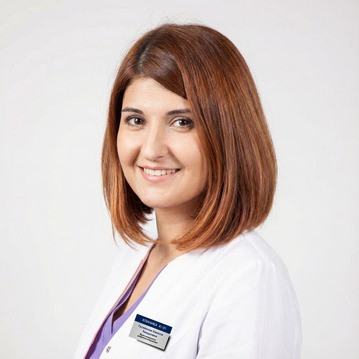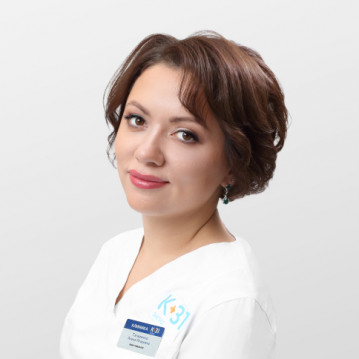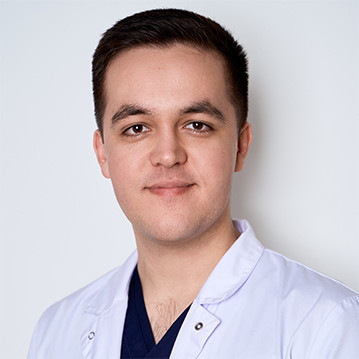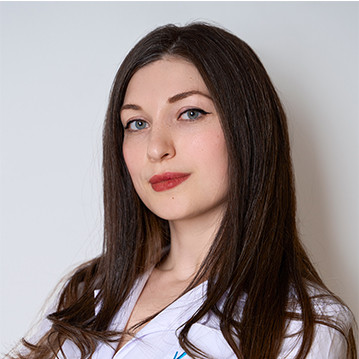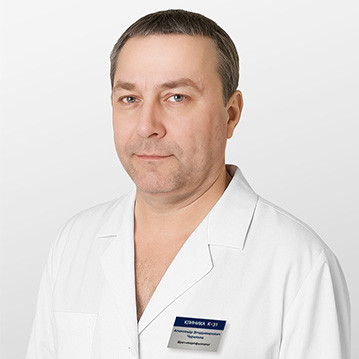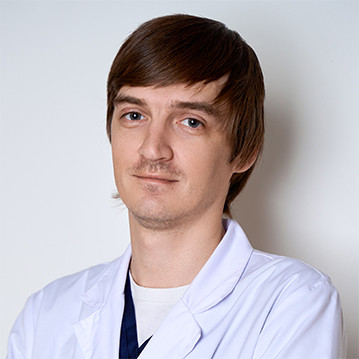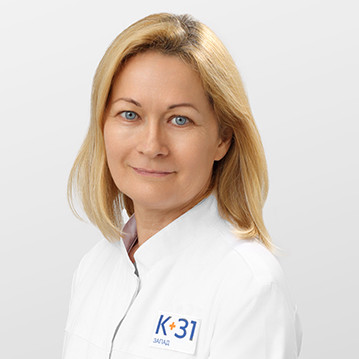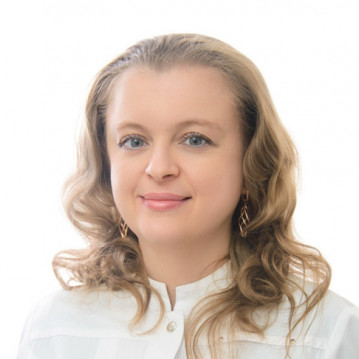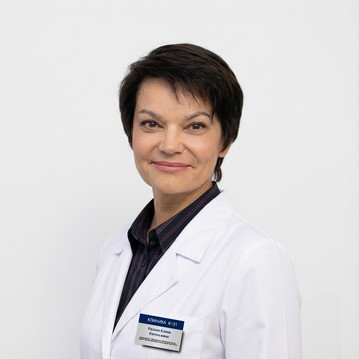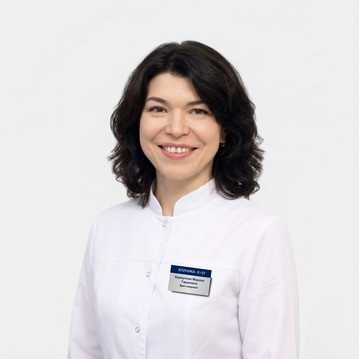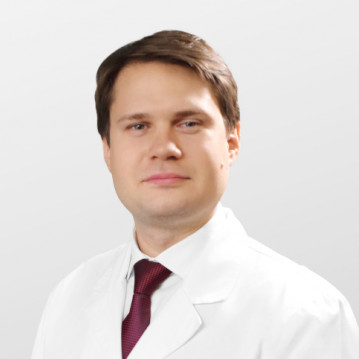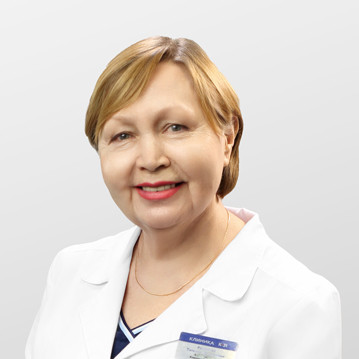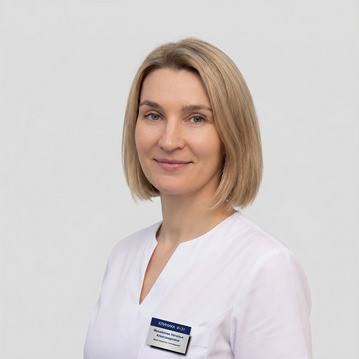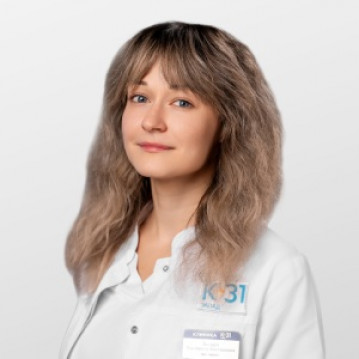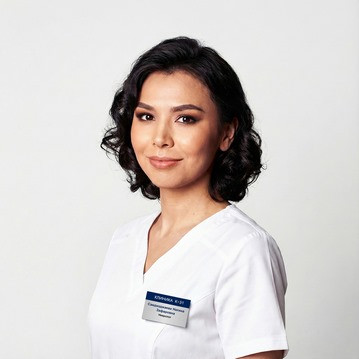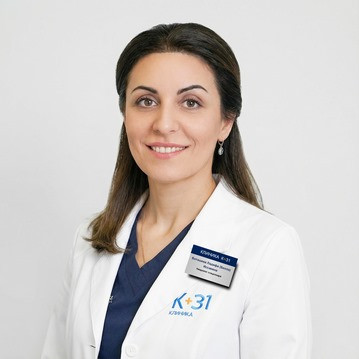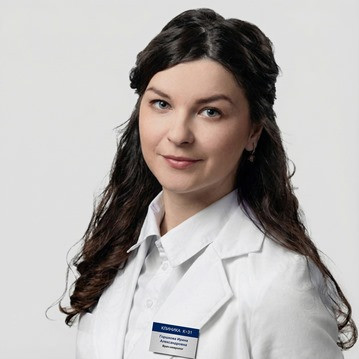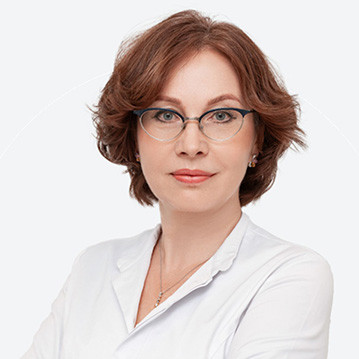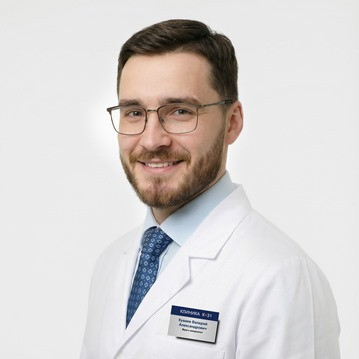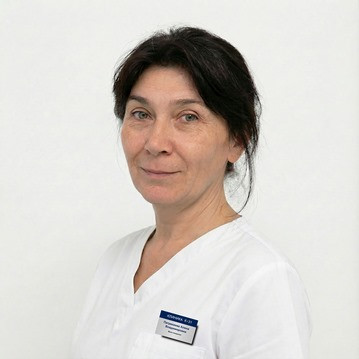Symptoms
A person suffering from sleep disorders, memory impairment and concentration of attention quickly gets tired during the day, feels overwhelmed, uncoordinated, passive or, conversely, irritable, cannot remember important events for him, and the more pronounced these symptoms, the more serious the pathology.
When to see a doctor
Due to the variety of possible causes, there is a risk of missing the onset of the development of a serious illness, so it is better not to postpone a visit to the doctor.
To get rid of sleep disturbances, impaired attention and memory, you should study the causes of these conditions and use therapies that can only be prescribed by a doctor. If you delay the diagnosis, the condition will gradually worsen, more serious health problems will arise, and as a result, it will take more time and effort to eliminate them.
First of all, you need to make an appointment with a general practitioner so that he can assess the symptoms and refer to the right specialist. Further, the consultation of a neurologist or psychotherapist is most often required, sometimes a doctor-somnologist is connected to the diagnosis.
Diagnostics
First you need to tell your doctor your history:
- When the disorder of sleep, memory and attention first occurred.
- Does the patient have blood pressure problems?
- What way of life he leads, bad habits.
- Whether there have been previous brain injuries, etc.
Then the doctor conducts a general examination, prescribes a general and biochemical blood test, if there is a suspicion of malfunctioning of other body systems, additional tests can be carried out: the presence of rheumatoid factor, thyroid-stimulating hormone level, etc.
Blood oxygen levels are also measured using the oximetry method. To determine the patency of the arteries feeding the brain, ultrasound, MRI or CT machines are used, electroencephalography (EEG) is performed.
For insomnia, your doctor may order a polysomnographic study. With this method, the state of the body is assessed during each phase of sleep, and then the results are analyzed by specialists.
Pathology treatment
First you need to give up bad habits, including the evening drinking of drinks that stimulate the nervous system, and heavy food. If you have trouble sleeping, it is best to go outside or take a shower before falling asleep. Sports are important, but during the day.
If the cause of the pathology is a chronic disease, you need to treat it, following the doctor's recommendations. In the case of obstructed circulation, the doctor may prescribe various antiplatelet agents, neurotrophics, antioxidants or nootropics. If the causes of insomnia, memory and attention impairment are mental, then work on the psycho-emotional state will be required.
Sleeping pills, including those of herbal origin, can help with insomnia. But using them for apnea is life-threatening.
Medical treatment can be prescribed by a doctor only after a diagnosis has been made. It is important to consult a specialist on time and not self-medicate.
What causes sleep disturbances
Long-term sleep disturbances often cause the following psychosomatic complications:
- The occurrence or exacerbation of chronic diseases: arterial hypertension, diabetes mellitus, dysfunction of the cardiovascular system, and others.
- Psycho-emotional instability and mental disorders - a long-term disorder of proper sleep can lead to a decrease in the resistance of the nervous system to irritating factors.
- Overweight - it is known that the most intense fat burning occurs precisely in the state of the deep phase of sleep.
- Decreased performance - chronic lack of sleep and the lack of a good night's rest in no way contributes to a full-fledged day's work.
- Decreased immunity and other problems.
Most often, chronic insomnia leads to mental disorders: anxiety, depression, eating disorders.
What helps with sleep disorders
Treatment for insomnia depends on its form, cause, severity, and other factors. So, with transient insomnia with a mild course, it is enough to distract from stress, change the mode of work and rest, balance the diet, and bring physical activity to life.
If the factor of insomnia is stress, psycho-emotional stress, an important condition for the normalization of sleep is:
- Compliance with sleep hygiene: a clean comfortable bed, freshness and coolness in the room, the absence of extraneous irritants, compliance with the regime of falling asleep and waking up.
- Psychotherapy is the exclusion of a psychogenic factor that leads to anxiety, psycho-emotional instability.
- Physiotherapy - good results are provided by acupuncture, electrophoresis, massage, microcurrents, phototherapy and others.
Drug therapy is indicated for patients in the absence of the effect of conservative methods of correction without the use of drugs, as well as in moderate and severe forms of insomnia. Medical therapy may include:
- Sedative drugs.
- Antidepressants.
- Tranquilizers to inhibit brain activity and reduce anxiety.
- Imidazopyridines are the lightest synthetic hypnotics.
- Vitamin complexes.
- Antipsychotics.
- Sleeping pills.
- Antihistamines.
- Herbal extracts, tea, tinctures (based on mint, oregano, peony, chamomile, motherwort).
Many drugs for the treatment of insomnia are sold only by prescription. The selection of the correct treatment protocol solves many problems, including eliminating complications and other risks associated with drug therapy.
Prevention of sleep disorders
To improve the quality of sleep, you should follow a healthy lifestyle, increase physical activity during the day. It is important to follow the regime of work, rest and sleep.
If necessary, it is important to consult a neurologist, psychotherapist, psychiatrist.
Prognosis for diseases accompanied by sleep disorders
The prognosis for insomnia is favorable only with appropriate treatment, compliance with medical recommendations. Treatment of the advanced chronic form of insomnia is difficult, it requires an integrated approach and patience from the patient.
Sources
- Berezhkova L.V., neurologist of the highest qualification category, candidate of medical sciences. How to get rid of insomnia - 2003.
- Levin Ya.I., Kovrov G.V. Some modern approaches to the treatment of insomnia - 2003.
- Kotova O.V., Ryabokon I.V. Modern aspects of insomnia therapy - 2013.
